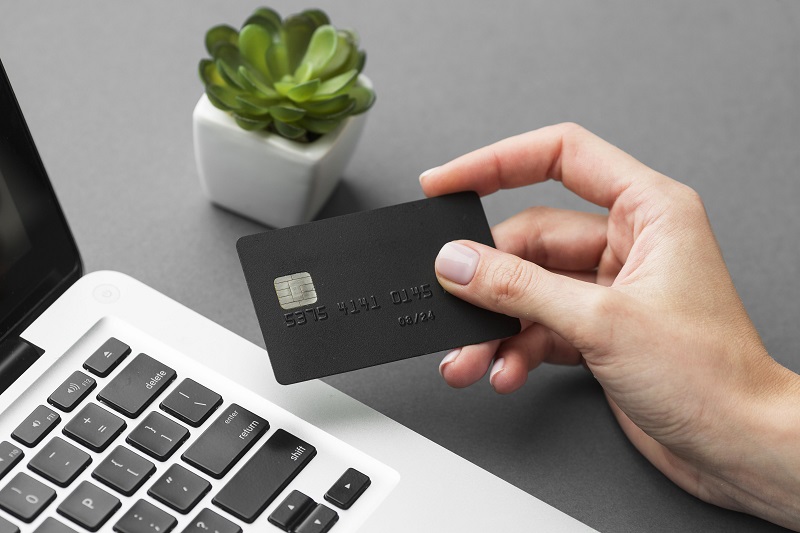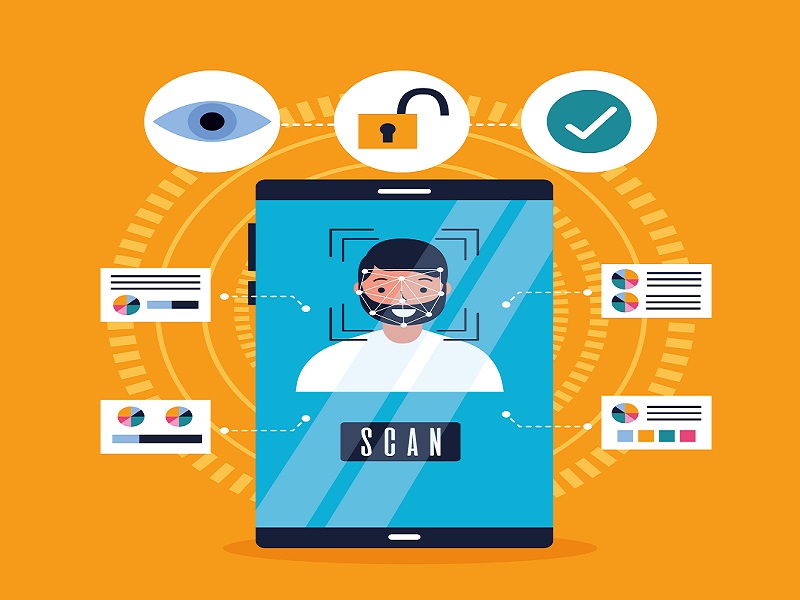The BuyT Desk
Credit card companies provide you instant money, via credit card, for purchasing things for which you may not have money at that moment. You have time until the credit card bill’s due date to repay this money without any interest (approximately 25-52 days). Instant credit is available to you all the time if you own a credit card. Also, credit cards offer other benefits like rewards points or cashback on your transactions. People apply for a credit card for instant credit and generate a good credit score. A credit score describes your creditworthiness and is determined by credit rating companies. Making purchases using a credit card and repaying the amount before the due date indicates creditworthiness. A good credit score can help you in getting quick approvals for loans. The lender can offer you a loan at an attractive interest rate if your credit score is high. Insurance companies also consider your credit score while deciding the premium amount.
If you use your credit card wisely, you can reap the benefits of an interest-free credit period, discounts or cashback, and a high credit score. People are not attentive to the terms of credit cards and commit some mistakes. These mistakes can incur penalties on you and harm your credit score. Some people are opposed to possessing a credit card as it can create a never-ending debt trap if not used in the right manner. Please avoid the following mistakes while using a credit card, and thus, take its full advantage.
1. Withdrawing cash using a credit card: This is the worst mistake to commit when using a credit card. You do not enjoy an interest-free period on cash withdrawal. Cash advance fees and finance charges apply from the day of cash withdrawal. The finance charges are usually high, and you may end up losing a good amount of money.
If you withdrew money using a credit card under dire circumstances, ensure to repay the amount at the earliest to save steep charges.
2. Paying credit card amount late: When you miss the credit card bill’s due date, the result is a late payment fee and a high-interest rate on your transactions. Also, late payments can adversely affect your credit score, especially if they are late by 30 days or more.
Suppose you cannot remember paying your bills on time then set up an automatic disbursal of credit card payment from your bank account. You may even put calendar reminders for paying bills on time. There is some hope of securing your credit score despite a late payment. You may explain your situation and request the credit card company not to submit this information to the credit rating agencies. They may comply if you have been a reliable payer up until that point.
3. Paying minimum credit card amount: The option of paying a minimum amount of debt by the credit card companies can put you in the debt trap. When you pay the minimum amount, the interest rate starts to apply to the remaining amount. Having the habit of paying only the minimum due amount every month will keep adding interest to your remaining balance.
Pay the full amount due to avoid incurring additional interest and other finance charges. In the lack of funds, request the credit card company to convert your remaining balance into EMI.
4. Maxing out your credit card: Maxing out your credit card is questionable for two reasons. First, you will have a high credit utilization rate. It will prevent bankers and credit card companies from giving you a loan or credit. This is because a credit utilization rate higher than 30% indicates credit management behaviour, which, in turn, suggests that you may struggle to pay back the money. Maxing out your credit card results in penalty APR (Annual Percentage Rate). This means you will pay a higher interest on your due amount.
You can request the credit card company to increase your credit limit or apply for another credit card to avail higher credit. This is a way to ensure that your credit utilization rate does not exceed 30%.
If you have made any of these errors, take steps now to correct them and be careful of their consequences moving ahead. It may take a while, but you can increase your credit score over time, even if it has slumped low.







